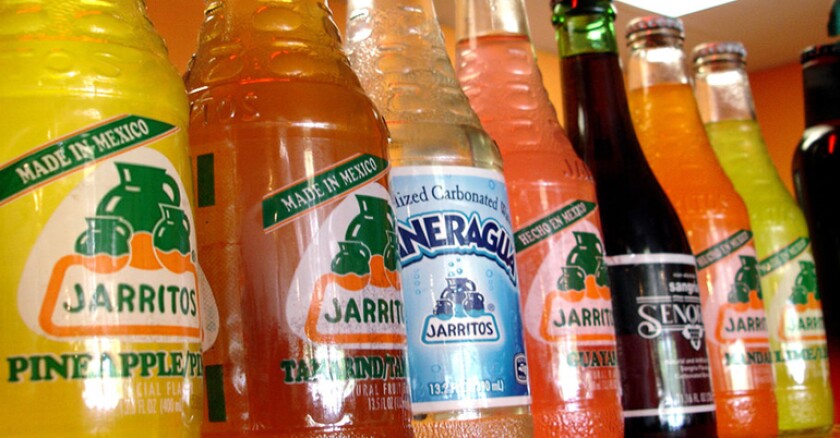In the realm of public health, Mexico has succeeded in pushing forward a policy that has so far eluded more than 30 U.S. states and cities. In October, the Mexican Legislature passed a soda tax.
Actually, the legislation, which took effect in January, created an 8 percent tax on all junk food that contains more than 275 calories per 100 grams and a new peso-per-liter tax -- about 10 percent -- on sugar-sweetened drinks. The ostensible goal is to attack the alarming obesity epidemic in Mexico, which recently passed the U.S. in rates of overweight residents. As in the States, Mexican businesses and politicians were sharply divided over the tax. So how did the Mexican government get it passed when power brokers here failed?
They did it through the Pact for Mexico, a grand bargain in which the three main political parties agreed on specific, major legislative reform in almost 100 areas, including energy, politics, telecommunications and fiscal reform.
The pact, agreed to in 2012 when President Enrique Peña Nieto took office, committed the parties to not blocking anything that a majority wanted. In Mexico, “the parties have much more power than the individual legislators, who are all replaced in every election cycle,” says Christopher Wilson, an associate at the Mexico Institute of the Woodrow Wilson International Center for Scholars. “There are no re-elections there, out of fear of dictatorships.
There is also a stronger tradition of public funding for elections, another way in which parties maintain stronger power than special interests.”
President Peña Nieto is a member of the Institutional Revolutionary Party (PRI), which had held power for 71 years up to 2000. When the PRI regained power, Mexico was suffering from political corruption, fiscal disarray and problems on just about every front. Under the circumstances, it was hard not to reach out to the opposition to collaborate on sweeping changes.
Despite its name, the PRI is actually the more centrist party, Wilson says, so it had to appease both the left and the right on various issues. “On fiscal reform, they worked with the left, and the soda tax is one piece of this. They went with the right on energy reform, which was even harder to pass.”
Were the soda and junk food taxes more fiscal or health driven? “I think it’s a little of both,” Wilson says. “Traditionally, 30 to 40 percent of the budget came from oil exports, and that has been declining. That has made for a strong imperative to increase tax collection, which is extraordinarily low as a portion of GDP, and that is the driving force behind fiscal reform. My own reading of the situation is that the politics of creating a healthier Mexico may have been a stronger part of this fiscal reform. The argument was about whether it would make a difference in health outcomes.”
Policy wonks in the U.S. are watching that closely. If the policy does have a discernible impact on health, then health experts in the U.S. hope that might help tip the scales for soda and junk food taxes here.









